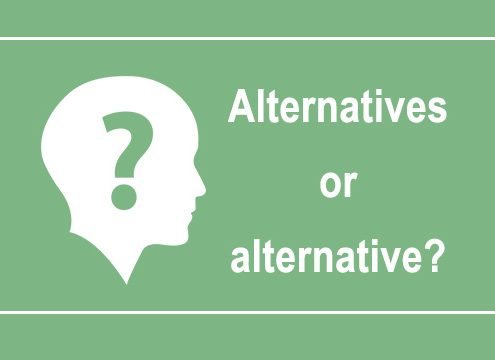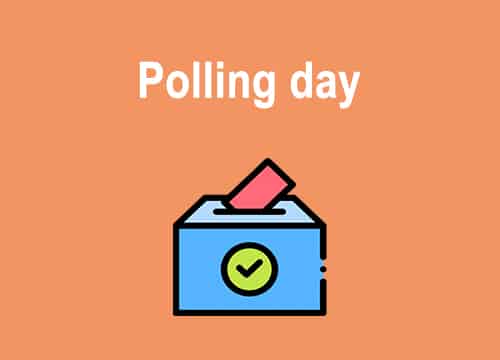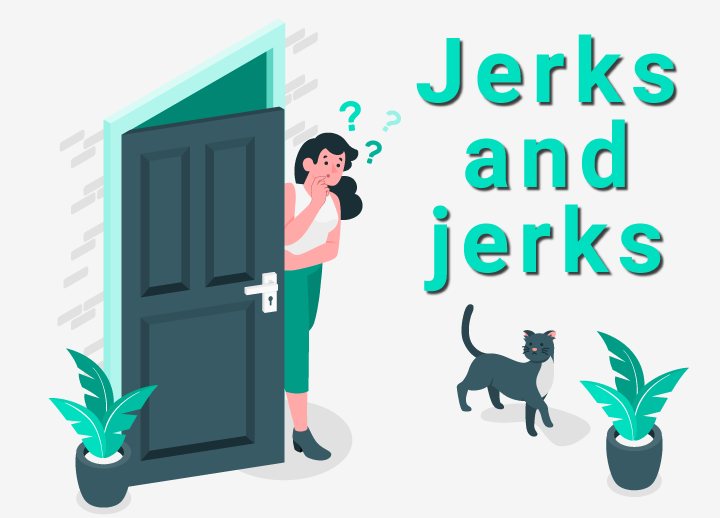Let’s imagine that you have to make a decision about a holiday – to go to Siberia, England, Spain, or New Zealand. You have four options. So far, so good (hasta ahora, todo bien).
So are there four alternatives? No.
“Alternative” is often used incorrectly. There can only be “alternatives” when there are two options to choose from. Check a dictionary. For example, the Collins English dictionary says “offering a choice of two things”. The word “alternative” has a relationship with the Latin word “alter” meaning “the other of two”.
Therefore, when you have three things to choose from, you have three options or three courses of action. When there are two options, you have an alternative. So which alternative do you prefer: Siberia or England? No contest! No contest = no hay punto de comparación.

















